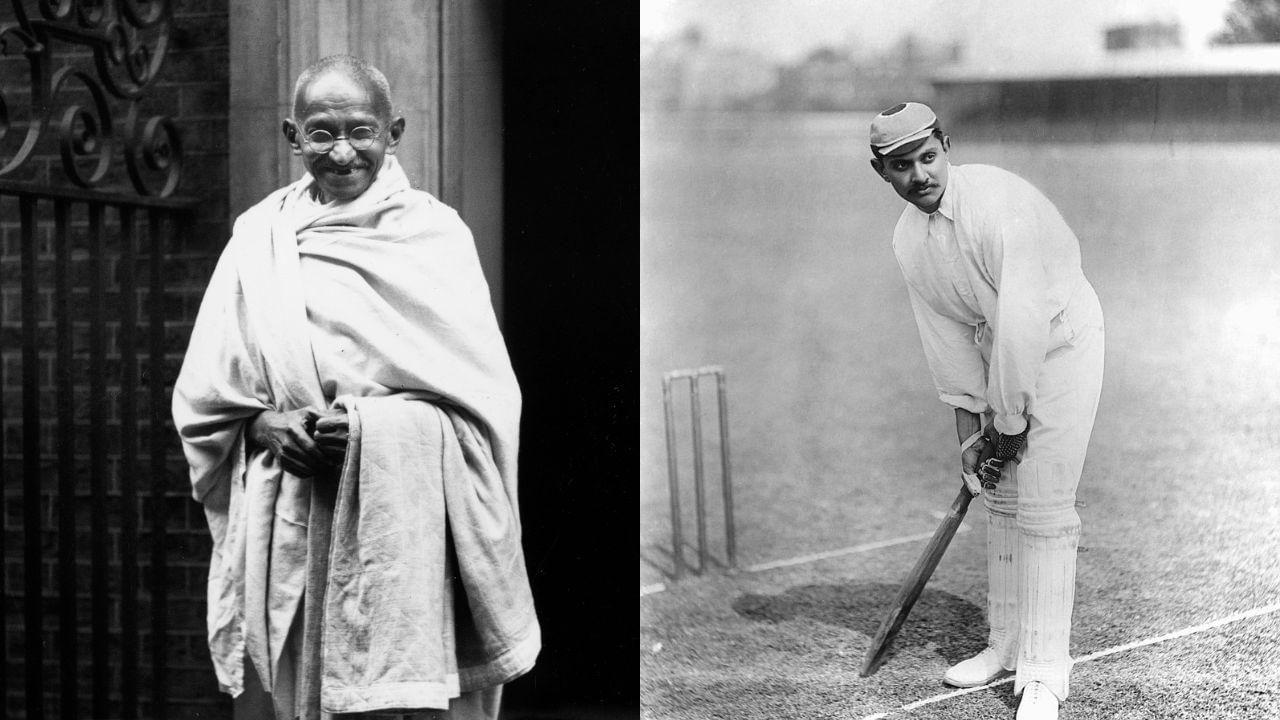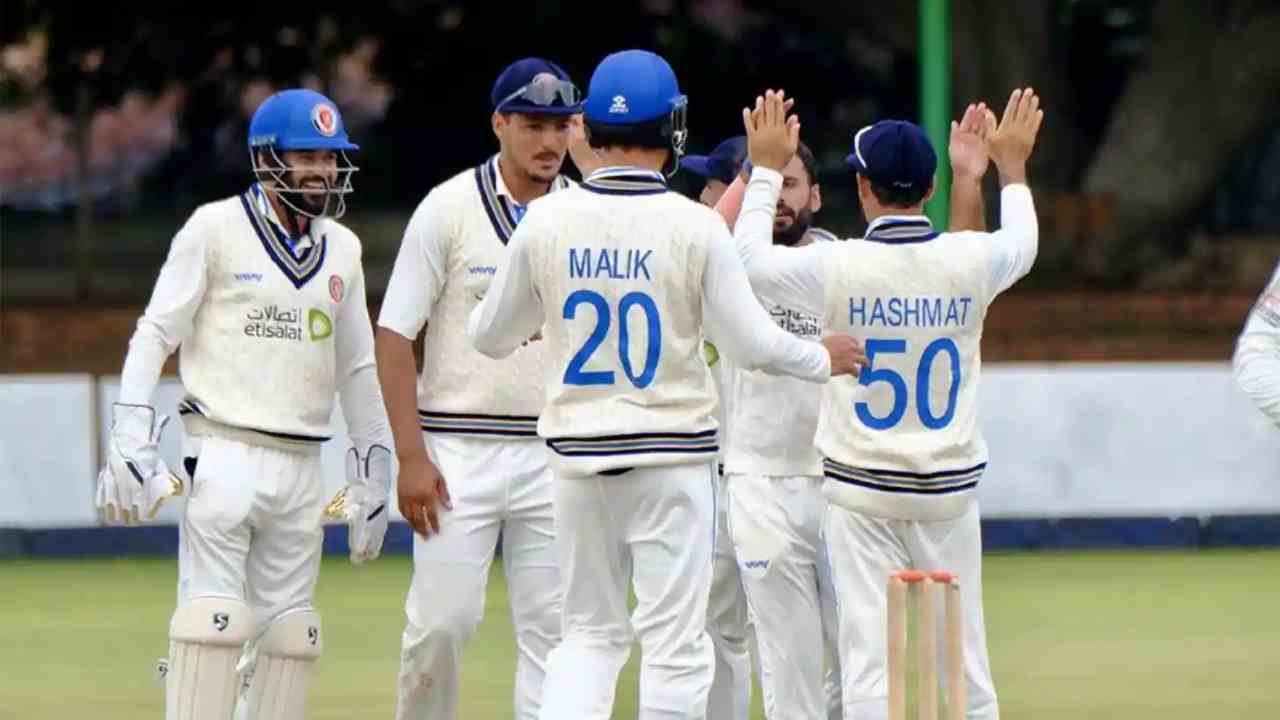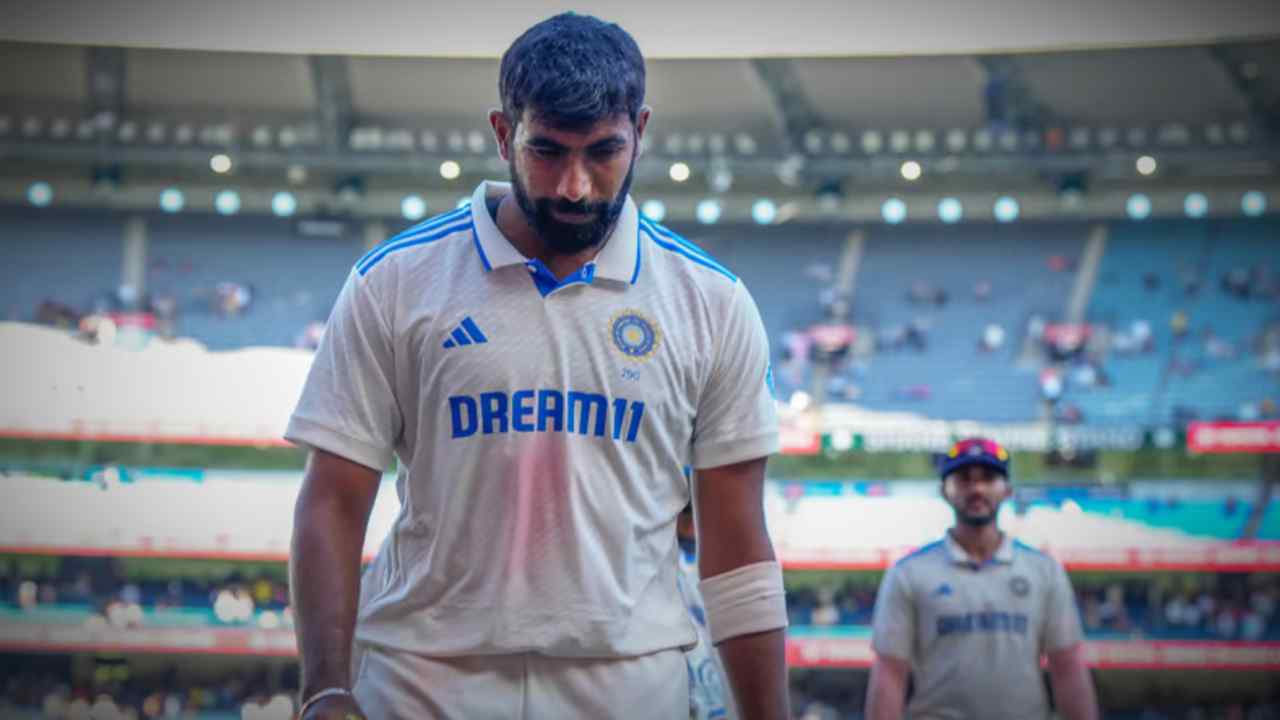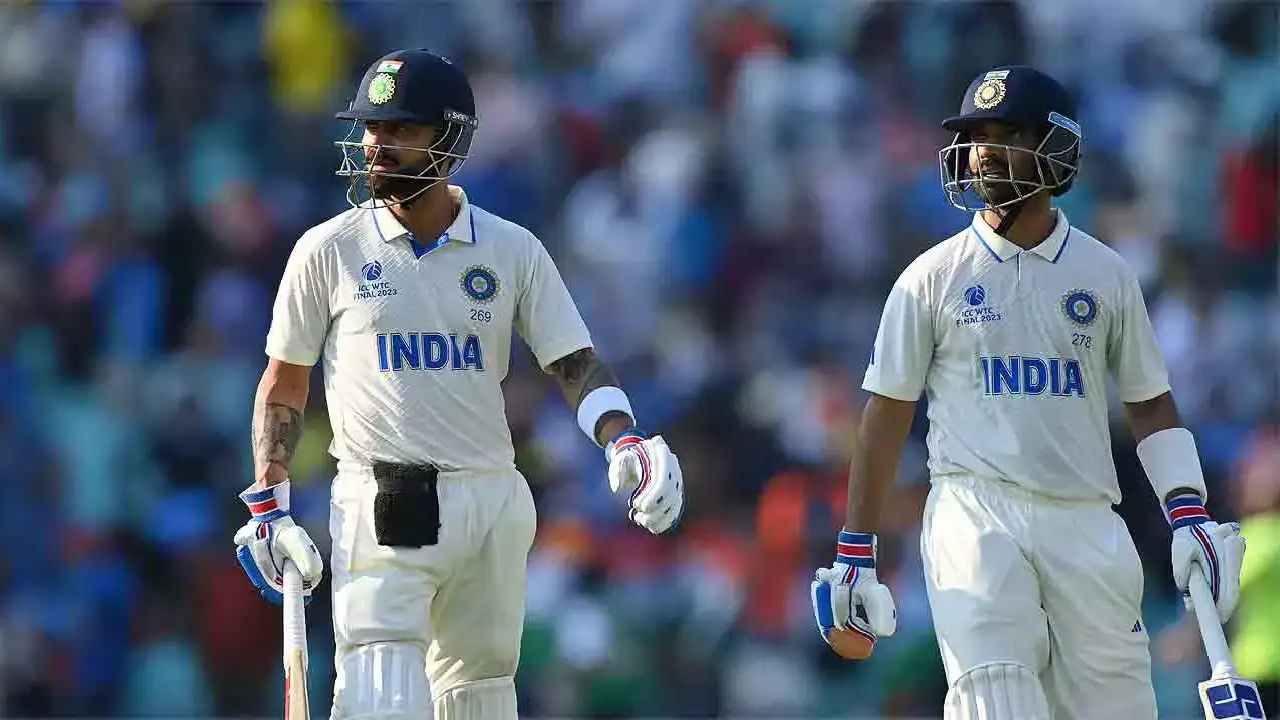October 2nd marks the birthday of Mahatma Gandhi, a pivotal figure in India’s struggle for independence and revered as the Father of the Nation. While most people associate Gandhi with the non-violent movement for freedom, his influence extends beyond political realms and into the heart of Indian cricket. It is fascinating to explore how Gandhi, despite being a critic of the sport, played a significant role in transforming Indian cricket, particularly by paving the way for the Ranji Trophy to emerge as India’s premier domestic tournament.
The Unlikely Impact of Mahatma Gandhi on Cricket
Cricket and Mahatma Gandhi represent two significant aspects of Indian culture, each influencing the country’s identity in unique ways. Though Gandhi enjoyed cricket during his childhood, his later years saw him distancing himself from the sport, often remarking critically on its societal implications. However, it was during a period of rampant casteism and untouchability in pre-independence India that Gandhi’s ideals resonated deeply within the cricketing community, igniting a revolution.
One notable case was that of Palawankar Balu, an extraordinary spinner and one of the first Indian players to tour England in 1911. Throughout his career, Balu faced discrimination due to his caste, struggling for acceptance even in club cricket. His experiences of exclusion reached a peak when the Hindu Gymkhana Cricket Club denied him the captaincy during a tournament in Bombay. Inspired by Gandhi’s fight against untouchability, Balu and his brothers took a stand, advocating for their rights in cricket. Their efforts eventually led to Balu attaining the vice-captaincy and even captaining one match in the 1923 season, showing a significant shift in attitudes towards caste in sports.
Championing Equality in Sports
The influence of Mahatma Gandhi did not just stop at individual players but extended to challenge systemic discrimination within the sport. Prior to independence, the caste divisions in Indian society had a direct impact on cricket, limiting opportunities for talented players based on their background. The courage exhibited by players like Balu encouraged many others to strive for equality and demand their rightful place in the game, paving the way for a more inclusive environment.
Mahatma Gandhi’s Opposition to Discrimination in Cricket
Though Gandhi was a critical voice regarding the sport, mainly because he believed it did not enhance intellect and fostered division, his advocacy against discrimination brought significant changes. In the 1940s, as the world faced the horrors of war, he called for a halt to cricketing engagements that perpetuated these inequalities. His protest against the Indian cricket team’s tour to England due to the ongoing discrimination in the Bombay tournament marked a turning point; the tour was canceled, and ultimately, the Bombay tournament came to an end.
The Birth of the Ranji Trophy
The conclusion of the Bombay tournament cleared a path for the inception of the Ranji Trophy in 1934, which transformed into the most prestigious domestic cricket tournament in India. Gandhi’s unyielding stance against unjust practices not only reshaped the landscape of Indian cricket but also helped establish a more equitable platform for all budding cricketers, regardless of caste or background. Over the years, the Ranji Trophy has grown to symbolize excellence and has played a crucial role in identifying and nurturing cricketing talent across the nation.
In reflection, the symbolic connection between Mahatma Gandhi and cricket illustrates how sports can serve as a mirror to society. The principles he championed—equality, justice, and the pursuit of dignity—continue to resonate within the world of Indian cricket, inspiring future generations to uphold these values as they step onto the field.












